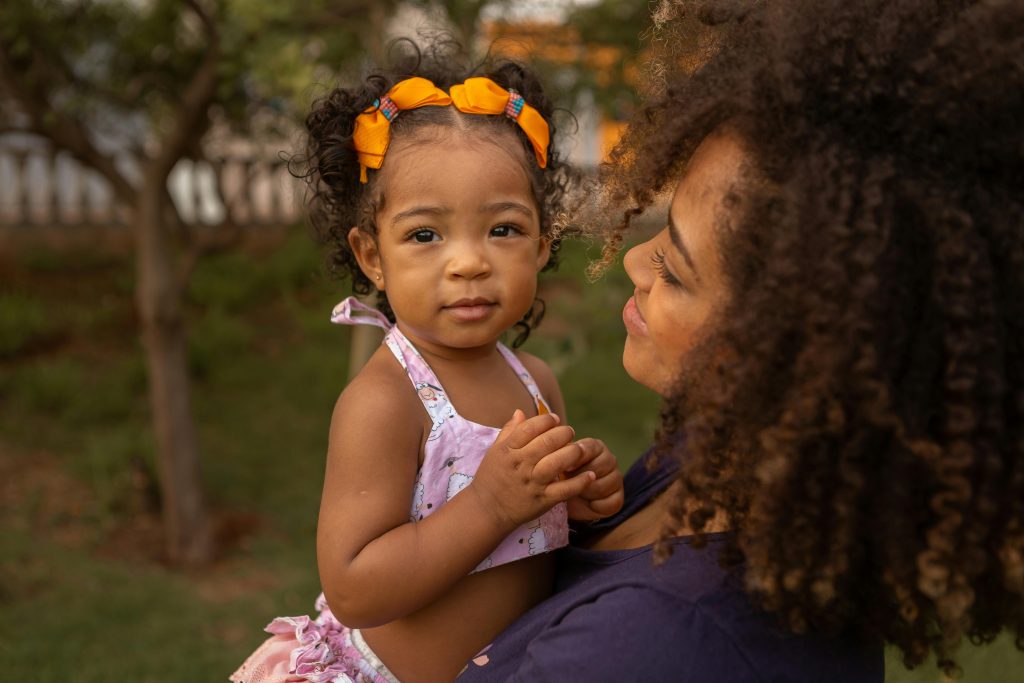Dear friends,
As we march on to make health equity a reality, we keep our focus always trained on the people and communities who bear the brunt of social and structural inequities. This is increasingly true for more organizations—those that provide and support health care and social services, and those that advocate and inform policy. Yet we will not be successful in centering equity in our communities if we are not caring for ourselves and each other in the process.
Last fall, as we weathered the sixth month of the pandemic and found or galvanized our places within social justice uprisings and political campaigns, we paused to ask ourselves and our colleagues a forgotten question: How are you doing? Across the spectrum of organizations we support and work with, nearly every individual reported degrees of grief, exhaustion, anxiety, and frustration. Some had lost loved ones, others were burning out, and many felt unable to channel the depths of their frustration with blatant misinformation and injustice.
Then we remembered the quote by Audre Lorde: “Caring for myself is not self-indulgence, it is self-preservation, and that is an act of political warfare.”
We started creating spaces to give our colleagues, clients, and partners permission to notice and tend to our own wounds. We organized a virtual national gathering for our community of peers to collectively breathe, grieve, and mourn. And we remembered that equity is a journey of experiential learning.
It’s time now to do it again. Many of us have been running this marathon toward health equity at a sprinter’s pace. We have real progress to celebrate. But the inequities that persist (or even deepen, in some areas) continue to take a substantial toll on historically marginalized communities in the U.S. and abroad. By extension, they also take an emotional toll on those who’ve dedicated their lives to providing care and eradicating health inequity. More than ever, Lorde’s reminder about self-care is vital.
It is incumbent on organizations doing this work—and the people who work within them—to create and maintain spaces for ourselves and our peers, including peers who identify with historically marginalized communities, to recharge, rest, reflect, and maintain vital connections with each other even as we keep on running. Because if we don’t, we will have dehumanized ourselves and the people we serve and care about in the name of equity, perpetrating the characteristics of white supremacy culture that we are seeking to dismantle.
How do we create and maintain those spaces? HealthBegins is helping one major health plan develop an enterprise-wide health equity strategy—and within that process create spaces for leaders and staff across departments to connect and reflect on their experiences, both inspiring and challenging, as they work to understand and address social and structural drivers of health equity. We’ve found it therapeutic and productive, because these professionals often don’t have these opportunities amid the breakneck pace of their everyday work. Not every meeting should be about slide decks.
We’re learning about many other ways in which organizations and individuals are creating and maintaining spaces for self-care and experiential learning on the path to equity. Here are a few people and organizations doing this type of work. We invite you to share others.
This work is not easy; the structures and institutional practices that have permitted or perpetuated health inequity will not transform overnight. But that doesn’t mean we give up, burn ourselves out, or give way to cynicism. If we create and maintain more spaces to care for ourselves and reflect on our experiences on the path to equity, we can sustain the energy and growth we need to get there.
Best,


Rishi Manchanda, MD, MPH. Sadena Thevarajah, JD
Featured content
How to Read the New Federal Dietary Guidelines as a Health Equity Advocate
The new Dietary Guidelines released by the Department of Health and Human Services not only run counter to established health standards, but also against health equity goals. Here are the the issues with these guidelines and what actions health equity advocates can take for better outcomes.
Small Practices Improve Health and Health Equity in Big Ways
The EQuIP-LA effort led to statistically significant health improvements and highlighted lessons that could help amplify the impact of small practices in advancing equity in more places.
Building Community to Improve Maternal Health: Lessons from Group Prenatal Care
HealthBegins supported health centers across the country to find new ways to make maternal health more equitable and effective. The solution was Group Prenatal Care—a means of fostering community as part of the care—and the outcome was nothing short of inspiring.



